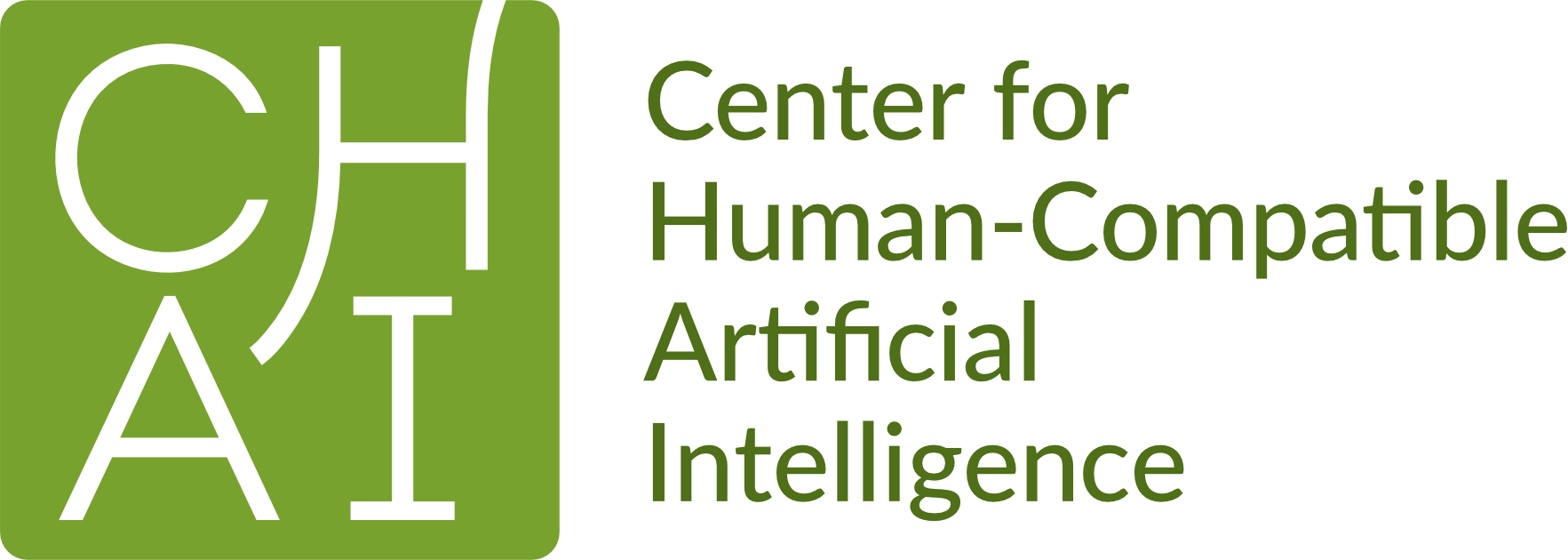Committing to the wrong artificial delegate in a collective-risk dilemma is better than directly committing mistakes
13 May 2024
New research from computer scientists Inês Terrucha, Elias Fernández Domingos, Pieter Simoens, and Tom Lenaerts at the Vrije Universiteit Brussel, Université Libre de Bruxelles, and UC Berkeley’s Center for Human-Compatible AI
The research investigates how delegating decisions to artificial agents, compared to humans making choices directly, impacts outcomes in social dilemmas involving collective risk.
The researchers developed an evolutionary game theory model of a collective-risk dilemma, where a group must contribute enough to a public good over multiple rounds to avoid disaster. They compared scenarios where humans directly make contribution choices each round, potentially making execution errors, to scenarios where humans delegate strategies to artificial agents that play on their behalf. In the delegation scenarios, the agents execute strategies perfectly, but the humans may make errors in selecting or programming the agents’ strategies.
Key findings from the model include:
- Delegation leads to higher group success rates in avoiding the collective risk compared to direct choice, for a wide range of error probabilities. It’s better to commit to an imperfectly selected strategy executed correctly by an agent than to make errors during the interaction.
- However, higher success rates don’t always translate to higher total contributions to the public good. The impact of delegation on prosociality depends on specific parameters.
- If given the option, populations are more likely to converge on delegating to pre-programmed agents than having to program agent strategies themselves. This suggests delegation will be increasingly favored if reliable autonomous agents are available.
The research sheds light on how the growing use of AI systems in high-stakes social interactions may impact collective outcomes and the alignment of AI behavior with human preferences. As Terrucha and Lenaerts conclude, “understanding how choices in delegation affect the alignment in terms of outcome is fundamental.”
Read the full article published at Nature, Scientific Reports here.
